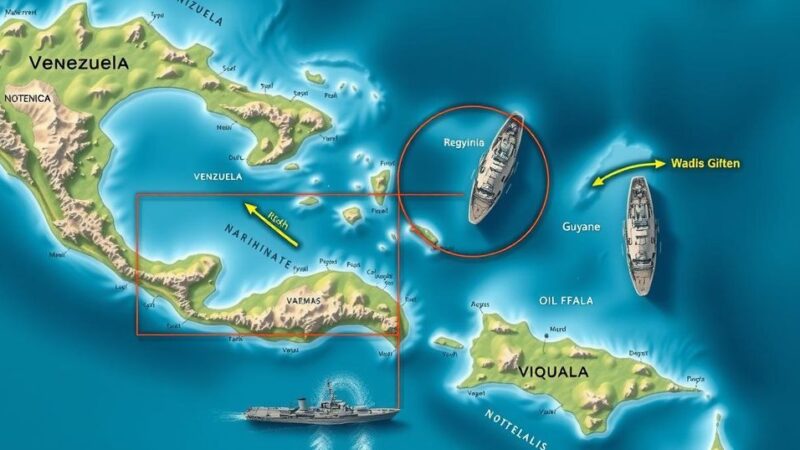Ecuador’s presidential election is set for February 9, as President Daniel Noboa seeks a full term amid rising crime and economic challenges. Noboa faces 15 contenders, with Luisa Gonzalez as a notable opponent. Polls indicate Noboa’s leading position, yet a possible run-off looms. The election also includes all seats in the National Assembly, reflecting a pivotal moment in Ecuador’s political landscape.
Ecuador is facing critical elections as President Daniel Noboa seeks a full four-year term after his previous victory in a snap election. Noboa is contending with rising crime rates and economic challenges, making this election a potential referendum on his leadership. He will face 15 candidates, including Luisa Gonzalez, who poses a significant challenge from the left, ensuring a competitive race.
The election will occur on February 9, with a unique voting structure requiring candidates to achieve over 50% of the vote or at least 40% with a 10-point advantage. If no candidate meets these metrics, a second round will be held on April 13, pitting the top two contenders against one another. Alongside the presidential race, all 151 seats in the National Assembly will be contested.
Noboa came to office in October 2023 after the downfall of former President Guillermo Lasso, who employed the rarely-used constitutional mechanism known as “muerte cruzada.” This mechanism led to expedited elections, allowing Noboa to ascend as the youngest president in the nation’s history. He now seeks a direct mandate from the electorate for a complete term.
Polls indicate that Noboa is leading, but he may still require a run-off, particularly against his primary opponent, Luisa Gonzalez, whose Citizen Revolution party offers strong ideological competition. Former candidates like Jan Topic and Leonidas Iza also re-enter the fray, contributing to a complex electoral landscape.
Public sentiment reveals pressing issues among voters, with crime emerging as the paramount concern—outpacing even economic dilemmas. Ecuador’s escalating violence is stark, with a murder rate that set records last year, a worrying development for a country perceived as fairly stable. Local drug trafficking dynamics play a critical role in this tragedy, exacerbated by economic unrest.
Strategies proposed by candidates for tackling this crisis skew towards hardline measures, with recent reforms expanding the military’s role in national security. President Noboa has declared a national conflict against criminal organizations, yet concerns regarding civil rights violations have surfaced. Furthermore, expert opinion posits that while immediate security measures are vital, long-term solutions addressing systemic issues are crucial for genuine reform.
Ecuador is at a pivotal moment in its political history, with rising crime and economic instability posing significant challenges for its government and citizens. President Daniel Noboa, initially elected via snap elections, aims to secure a full term amid heightened public concerns regarding safety and governance. The upcoming election not only tests Noboa’s leadership but also reflects broader societal anxieties, particularly surrounding crime, in a nation that once enjoyed a peaceful reputation. As the elections unfold, candidates must address these pressing issues while navigating a complex political landscape characterized by competing ideologies and policies.
In conclusion, Ecuador’s upcoming elections represent a critical juncture for President Daniel Noboa as he seeks to extend his term against a backdrop of escalating violence and public discontent. The electoral process will not only test Noboa’s governance but also demand accountability from all candidates amidst urgent societal demands for safety and economic stability. The outcome of this election may significantly reshape the political and social fabric of Ecuador as it navigates through these tumultuous times.
Original Source: www.aljazeera.com






